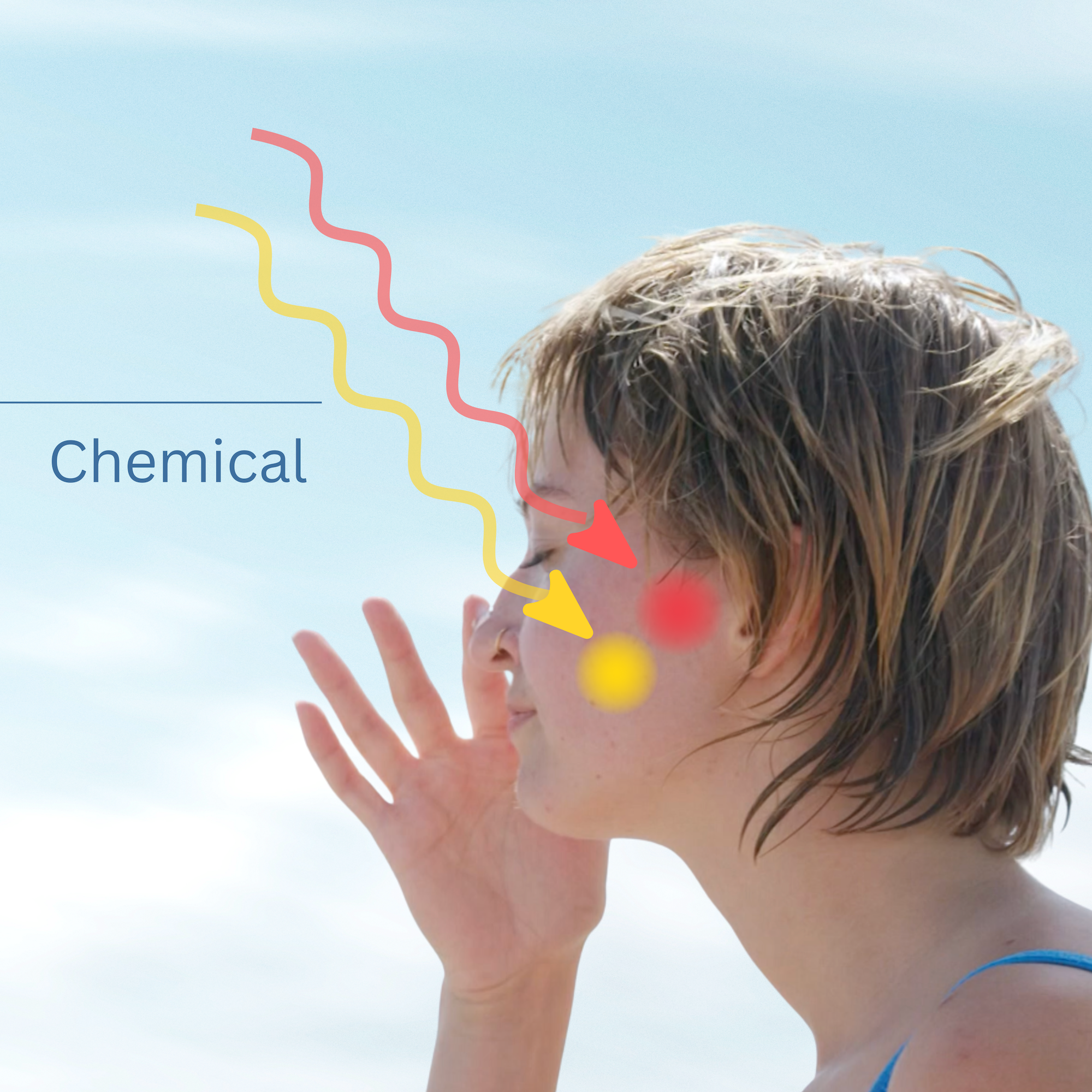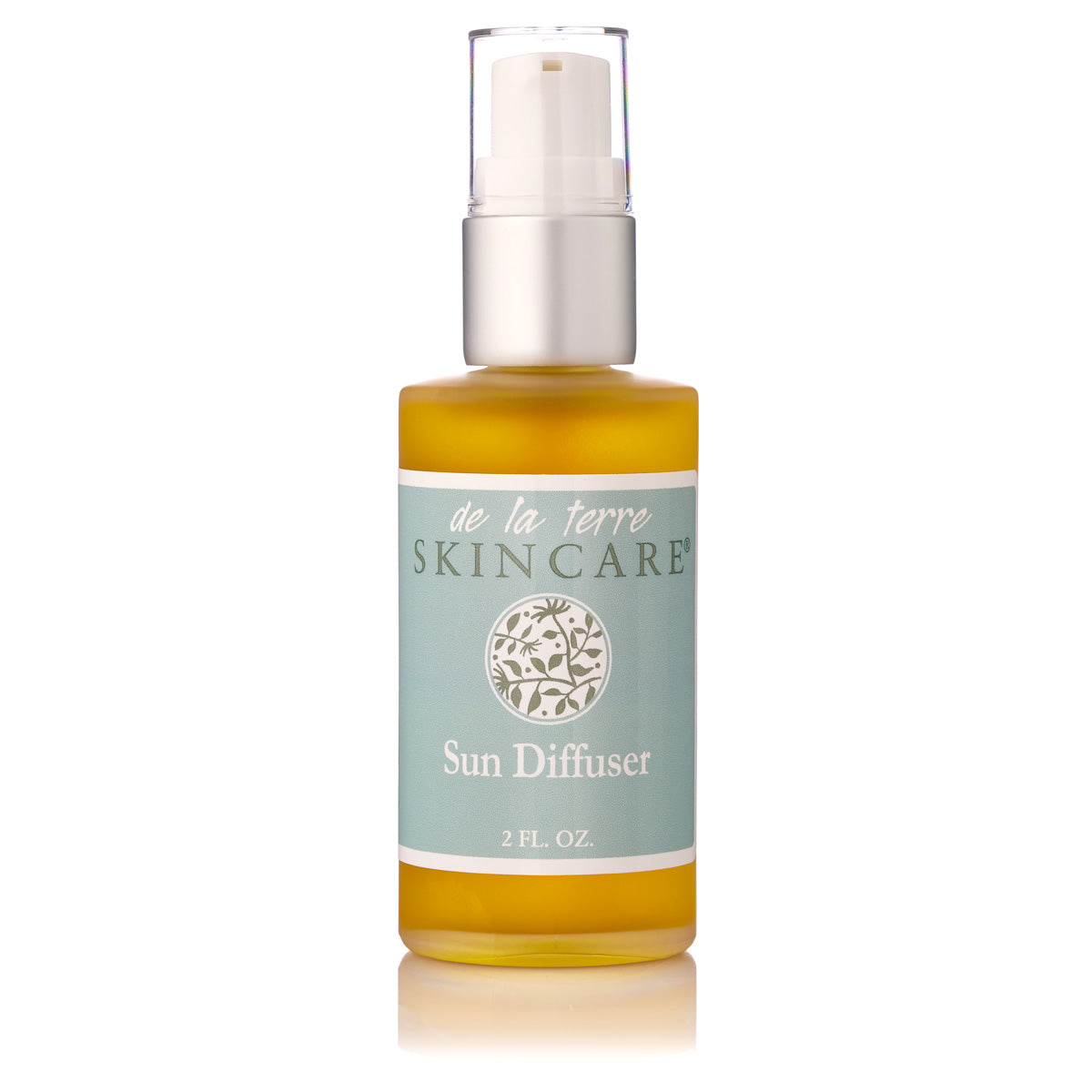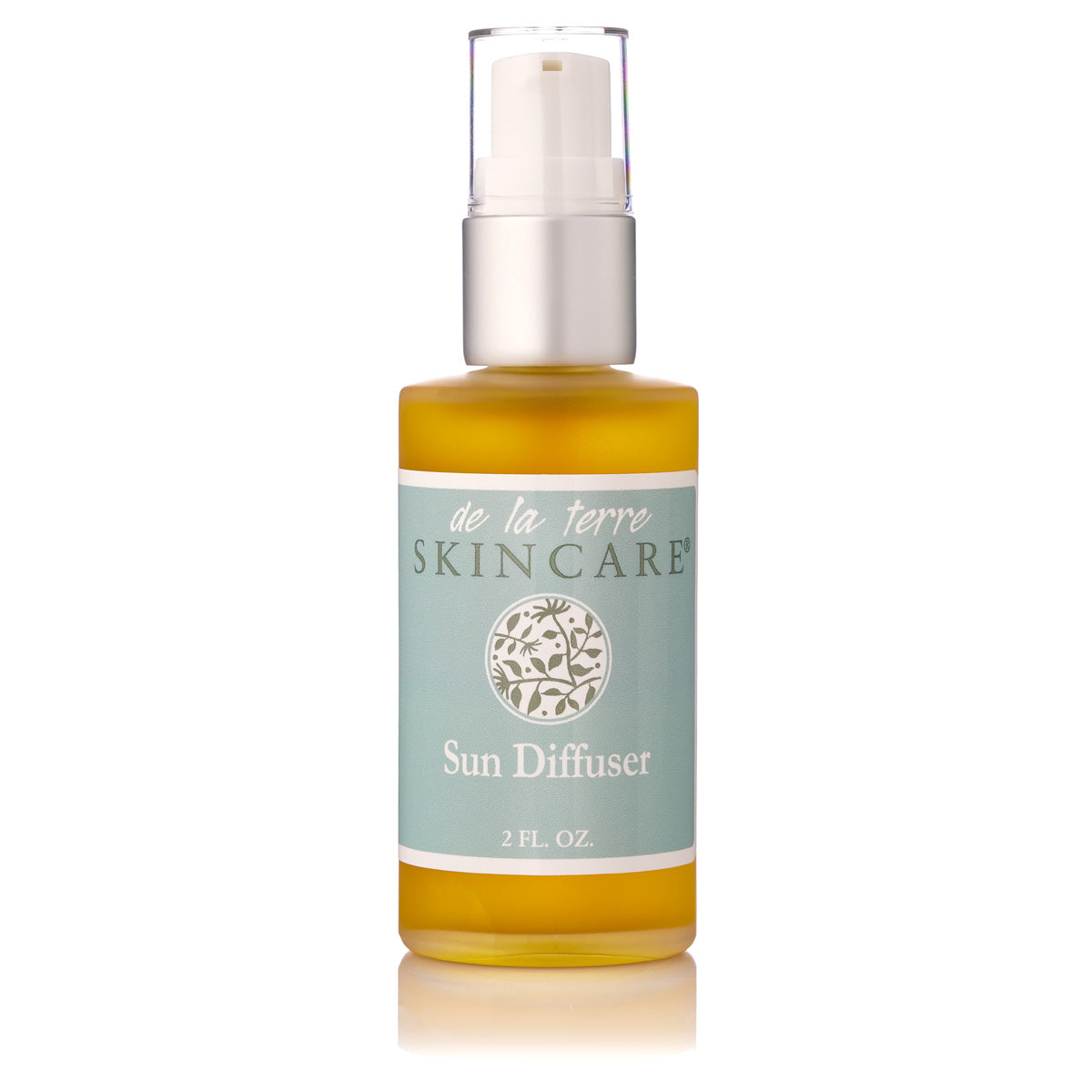Chemical sunscreens are designed to soak into the skin as a chemical reaction absorbs ultraviolet radiation as energy and then contains the heat within the skin. When heat is contained, it eventually implodes causing damage to the DNA in skin cells.
In addition, testing released in 2019 by the US Food and Drug Administration found seven chemical ingredients — avobenzone, oxybenzone, octocrylene, ecamsule, homosalate, octisalate, and octinoxate — were absorbed from the skin into the bloodstream after a single day of use.
The concentration of the seven chemicals in the blood increased each day after application and remained above FDA safety levels a week later. Two of the chemicals — homosalate and oxybenzone — were still above safety thresholds at day 21.
Oxybenzone has also been linked to lower testosterone levels in adolescent boys, hormone changes in men, and shorter pregnancies and disrupted birth weights in babies.
When the FDA tested aerosol cosmetics a few years ago, they found some products did have very small particle sizes that could be inhaled deep into the lungs leading to eventual respiratory weaknesses and possible health harms. The same concern applies to spray sunscreens.
According to the US Environmental Protection Agency, inhalation of such particles can cause serious health effects in individuals at greatest risk, such as “people with heart or lung disease, people with diabetes, older adults and children (up to 18 years of age)."
________________________________________
A REVOLUTIONARY APPROACH TO SUN CARE
October 23, 2007
Source:Johns Hopkins Medical Institutions
Summary:
Humans can be protected against the damaging effects of ultraviolet radiation -- the most abundant cancer-causing agent in our environment -- by topical application of an extract of broccoli sprouts. The results in human volunteers, backed by parallel evidence obtained in mice, show that the degree of skin redness (erythema) caused by UV rays, which is an accurate index of the inflammation and cell damage caused by UV radiation, is markedly reduced in extract-treated skin.
Importantly, notes investigator Paul Talalay, M.D., professor of pharmacology, this chemical extract is not a sunscreen. Unlike sunscreens, it does not absorb UV light or prevent its entry into the skin.
Rather, the extract works inside cells by boosting the production of a network of protective enzymes that defend cells against many aspects of UV damage. Consequently, the effects are long-lasting; the protection lasts for several days, even after the extract is no longer present on or in the skin.
In 2009, Anne Willis, owner of De La Terre Skincare, formulated a revolution sun product utilizing the research from John Hopkins.
As a prominent figure in the procurement of natural raw materials, she successfully obtained a premium quality broccoli sprout extract that is incorporated into her Sun Diffuser formula.
The protective chemical agent in the broccoli sprout extracts is sulforaphane. It was first identified by Talalay and his colleagues more than 15 years ago as protection from UV-induced redness and inflammation, immunosuppression, long-term skin damage and possible skin cancer.
Sun Diffuser should be considered a nutritional treatment serum, not a sunblock or sunscreen. The company's recommendation for the summer months is to apply the product a minimum of once daily after using Herb Rich Mist.
Given that the product is created with a high dose of broccoli sprout extract in conjunction with other active botanical ingredients, there is no need to use a large quantity of the product. A little goes a long way!
De La Terre Skincare does recommend for long term exposure to the sun to use recreational physical sunblocks designed for outdoor activities such as sports or spending time at the beach.
At the same time recognize there are other ways to protect the skin as well — seeking shade, wearing wide-brimmed hats, lightweight long-sleeve shirts and pants and covering up your feet are very effective ways.
For more information, please contact the company directly: info@delaterreskincare.com




